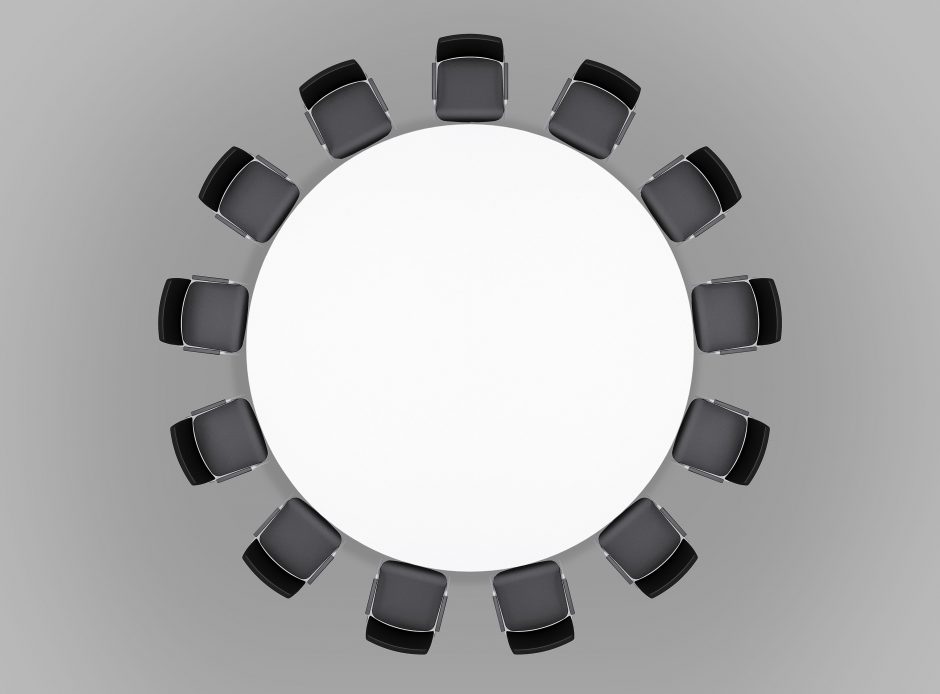On June 4, 2019 ESMA published updates questions and answers on the application of the AIFM Directive (available here) and the UCITs Directive (available here). ESMA’s intention of publishing und regularly updating the Q&A documents ensures common supervisory approaches and practices in relation to both the AIFM Directive and the UCITS Directive and their implementing measures.
The latest update refers to the depositories and the possibilities to delegate the safekeeping of assets of the funds. ESMA clarifies that supporting tasks that are linked to depositary tasks such as administrative or technical functions performed as part of the depositary tasks could be entrusted to third parties where all of the following conditions are met:
- the execution of the tasks does not involve any discretionary judgement or interpretation by the third party in relation to the depositary functions;
- the execution of the tasks does not require specific expertise in regard to the depositary function; and
- the tasks are standardised and pre-defined.
Where depositaries entrust tasks to third parties and give them the ability to transfer assets belonging to AIFs or UCITS without requiring the intervention of the depositary, these arrangements are subject to the delegation requirements, in Germany subject to Para. 36 KAGB.
Another question relates to the supervision of branches of depositories. The AIFM Directive, the UCITS Directive, the CRD and the MiFID II do not grant any passporting rights for depositary activities in relation to safekeeping assets for AIFs or UCITS. Branches of depositories located in the home Member State of the AIF or UCITS that is not the home Member State of the depositary’s head office may also be subject to local authorisation in order to perform depositaries activities in relation to AIFs or UCITS. In this case, the competent authority for supervising the activities in relation to AIFs or UCITS is the one located in the Member State of the depository’s branch.
The guidance provided by ESMA in the Q&A documents for AIFs and UCITS regarding the depository function do not contain any surprising elements but further strengthen the harmonized interpretation and application of the AIFM and UCITS Directives in Europe.

